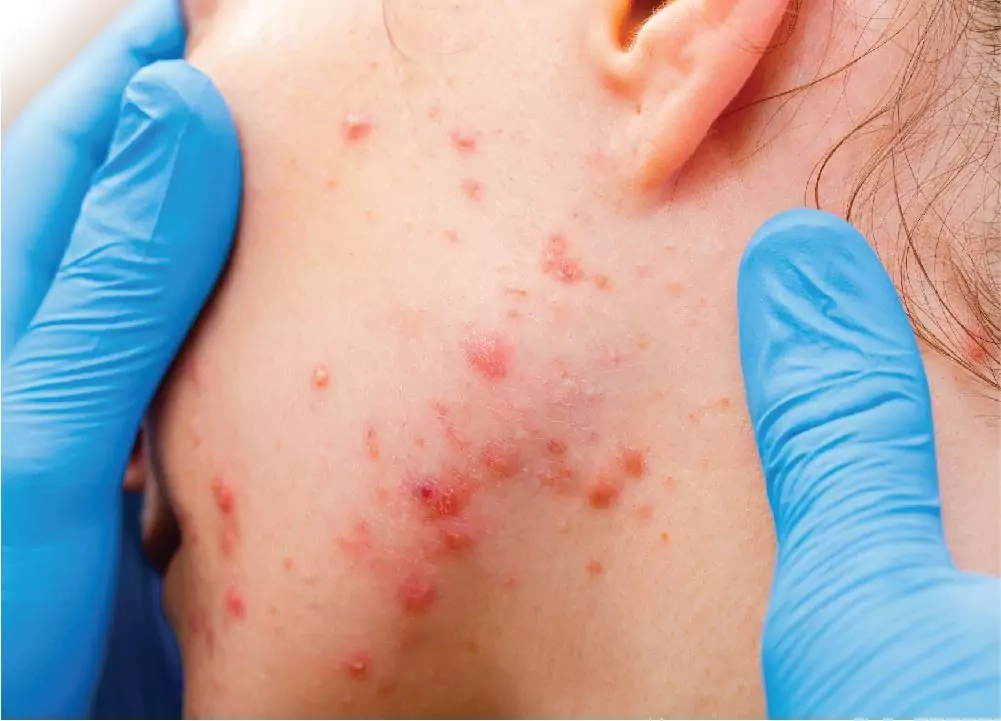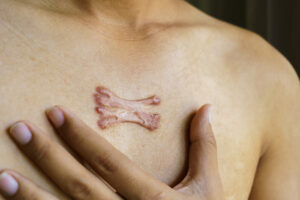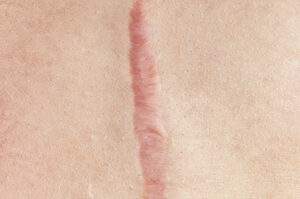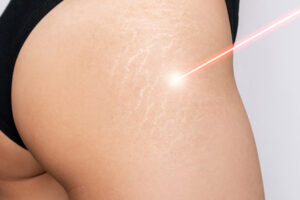ACNE TREATMENT in Chelsea and Battersea
Acne is one of the most common skin conditions, affecting people of all ages, but with the right Acne Treatment in Chelsea and Battersea, it can be effectively managed. Whether you are struggling with teenage acne, adult acne, persistent breakouts, or acne scars, our expert dermatologists offer advanced, customised treatments designed to suit your skin type and severity of acne.
We recognize that acne breakouts can not only affect your skin health but also take a toll on your confidence and self-esteem. That’s why we provide personalised acne treatment plans, targeting blackheads, whiteheads, inflammatory acne, cystic acne, and stubborn blemishes, helping you achieve clearer, healthier, and more radiant skin.
What Causes ACNE
Acne develops when hair follicles become clogged with oil, dead skin cells, and bacteria, leading to inflammation, redness, and breakouts. While commonly associated with teenagers, acne can also persist or develop in adults due to various triggers.
Common Acne Triggers
- Hormonal Changes: Fluctuations during puberty, pregnancy, or due to conditions like PCOS can lead to excessive oil production.
- Bacteria (P. Acnes): This skin bacteria contributes to inflammation and acne breakouts.
- Diet & Lifestyle: Dairy, sugar, and processed foods may worsen acne for some individuals.
- Stress: Increased stress levels can trigger breakouts due to cortisol spikes.
- Skincare & Makeup Products: Comedogenic products can clog pores and cause irritation.
Understanding the root cause of your acne is essential for effective and long-term treatment.
Types of ANCE We Treat
At our Chelsea and Battersea dermatology clinic, we specialise in treating all forms of acne, from mild breakouts to severe cystic acne.
-
Whiteheads and Blackheads (Comedonal Acne)
This type of acne occurs when pores become clogged with oil and dead skin cells. Blackheads remain open and appear dark, while whiteheads are closed and appear as small bumps.
-
Papules and Pustules (Inflammatory Acne)
Papules are red, swollen pimples without pus, while pustules are similar but contain white or yellow pus at the center.
-
Cystic Acne (Severe Acne)
Cystic acne forms deep, painful cysts beneath the skin’s surface and is often resistant to over-the-counter treatments. It requires specialist dermatology care to prevent scarring.
-
Nodular Acne
Nodules are hard, deep-seated acne lesions that don’t contain pus but cause significant discomfort and long-lasting marks.
-
Acne Scars & Post-Inflammatory Hyperpigmentation
Acne can leave behind dark marks, red patches, or deep scars, which require specialist treatments such as laser therapy or chemical peels for skin renewal.
ACNE TREATMENT Chelsea & Battersea
-
Medical-Grade Skincare & Topical Treatments
We prescribe targeted skincare products, including retinoids, benzoyl peroxide, azelaic acid, and salicylic acid, to unclog pores and reduce oil production.
-
Oral Medications for Acne
For moderate to severe acne, we may recommend oral treatments such as antibiotics, hormonal therapy (for hormonal acne), or isotretinoin (for severe cystic acne).
-
Chemical Peels & Exfoliation Treatments
Chemical peels help remove dead skin cells, clear pores, and improve skin texture, reducing both active acne and acne scars.
-
Laser and Light Therapy
Blue light therapy targets acne-causing bacteria, while laser treatments help reduce inflammation and acne scars.
-
Microneedling for Acne Scars
Microneedling stimulates collagen production to improve textured acne scars and hyperpigmentation, promoting smoother skin.
Why Choose Us
-
Medical-Grade Skincare & Topical Treatments
We prescribe targeted skincare products, including retinoids, benzoyl peroxide, azelaic acid, and salicylic acid, to unclog pores and reduce oil production.
-
Oral Medications for Acne
For moderate to severe acne, we may recommend oral treatments such as antibiotics, hormonal therapy (for hormonal acne), or isotretinoin (for severe cystic acne).
-
Chemical Peels & Exfoliation Treatments
Chemical peels help remove dead skin cells, clear pores, and improve skin texture, reducing both active acne and acne scars.
-
Laser and Light Therapy
Blue light therapy targets acne-causing bacteria, while laser treatments help reduce inflammation and acne scars.
-
Microneedling for Acne Scars
Microneedling stimulates collagen production to improve textured acne scars and hyperpigmentation, promoting smoother skin.
Before & AFTER
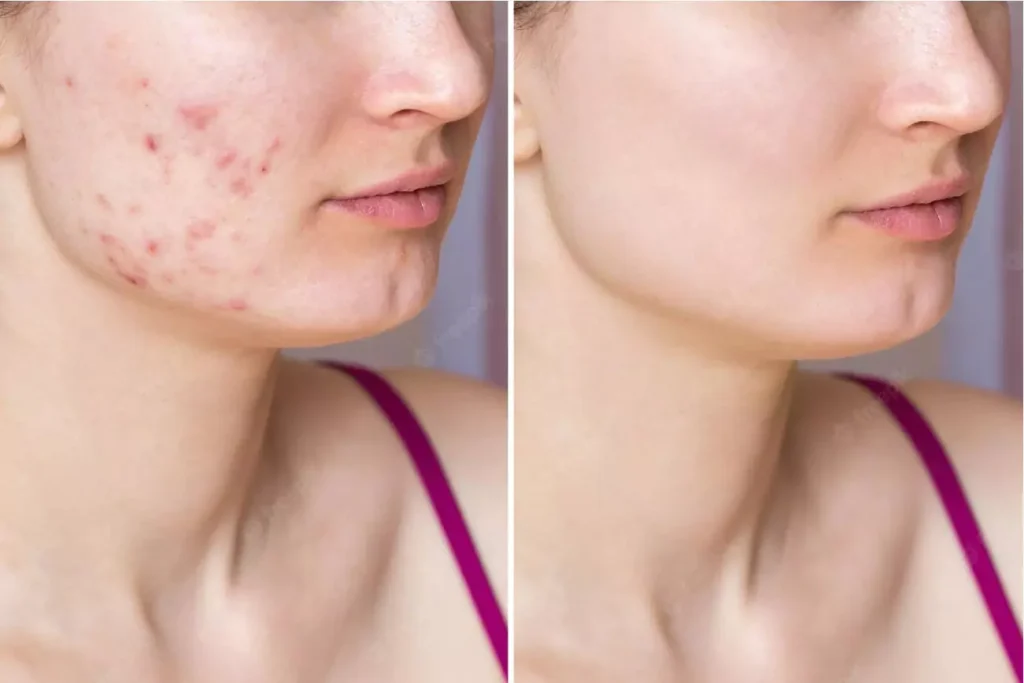
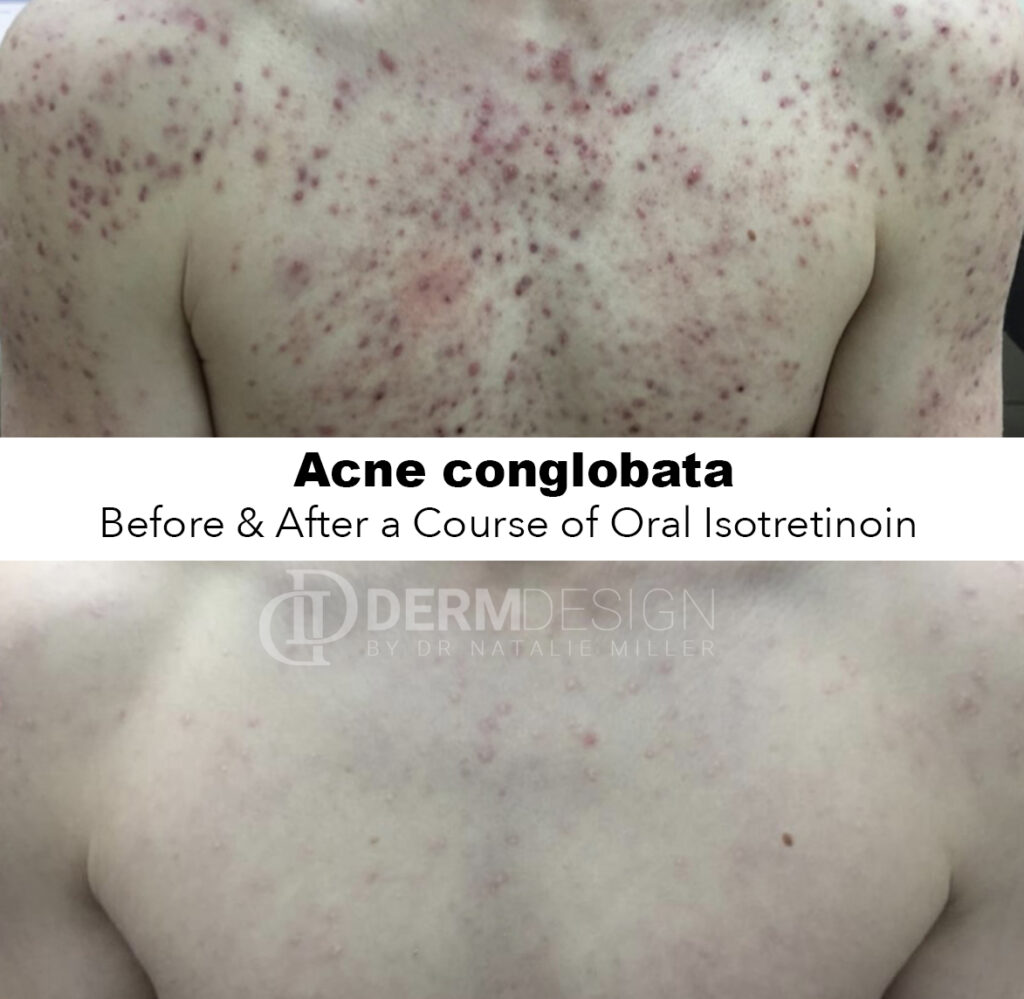
Related TREATMENTS
OUR
CLIENTS SAY
Frequesntly Asked QUESTIONS
The best acne treatment depends on your skin type and acne severity. Options include topical creams, oral medications, chemical peels, and laser therapy.
Yes, certain foods like dairy, sugar, and processed foods may contribute to breakouts, while an anti-inflammatory diet can support skin health.
Most patients see improvement within 4-8 weeks, but severe acne may take several months of consistent treatment.
Yes, professional treatments are stronger and more targeted, offering faster and longer-lasting results compared to store-bought solutions.
While acne can be effectively managed, some people may experience occasional breakouts. With the right treatment, long-term clear skin is achievable.
Yes, treatments such as microneedling, laser therapy, and chemical peels can help reduce the appearance of acne scars and hyperpigmentation.
If your acne is persistent, painful, leaving scars, or not responding to basic skincare, visiting a dermatologist can help prevent long-term skin damage.
For additional information on acne, refer to the NHS Acne Information page. You can also explore the British Association of Dermatologists – Acne Guide for expert advice on managing and treating acne.
CALL BACK
Request
Opening
HOURS
Monday – Friday 9.30 to 17.30
Saturday 9.30 to 18.30
Sunday CLOSED
CONTACT
Details
Trending BLOG POSTS

